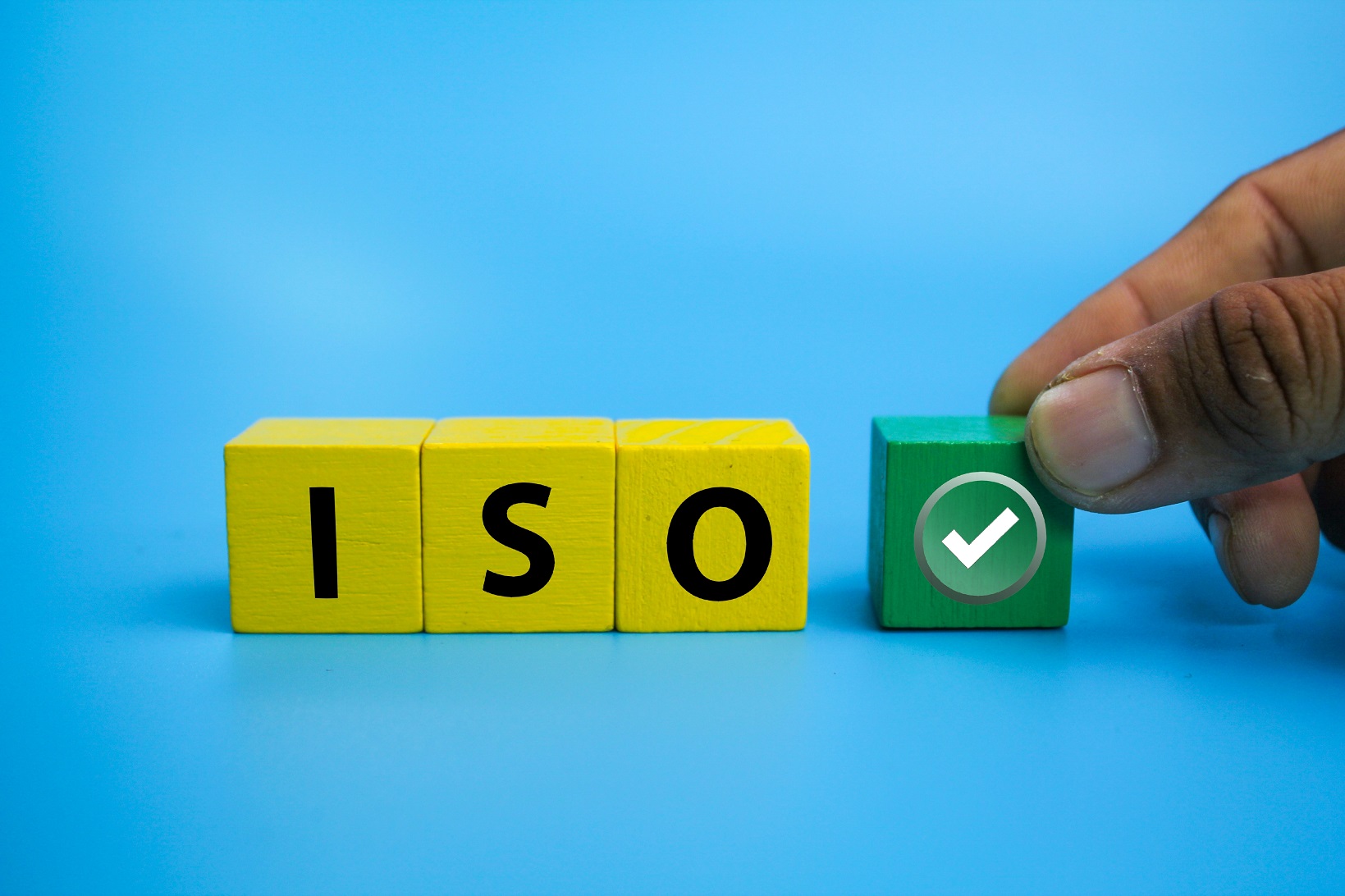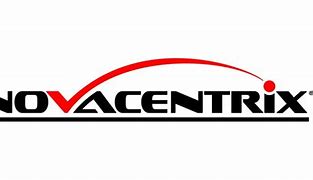Get the ISO 21001:2018 quality management certification to strengthen your institution’s brand name. Attract more students with professional help from Blue Wolf to meet all the requirements of ISO 21001. Raise your free quotation now!

ISO 21001 belongs to the global quality management system change. It is designed to standardize and effectuate the education management system. The aim is to increase the satisfaction level of the learners by meeting their educational needs. ISO 21001 is a strategic tool that helps to implement effective practices in schools, colleges, universities, varied educational organizations, and training providers. The standard is fundamentally a quality control benchmark and belongs to the ISO 9001 house. To ensure that the highest standard of educational benefits is being served to the students, every institution or provider needs this certification.
As an independent measure of the quality of the education provider, ISO 21001 detects any kind of racism or discrimination based on gender, social and financial standards and physical disability in the education system. The certification aims to elevate the interaction among the academies, the learners, and the interested parties. By getting the accreditation, a company earns the confidence of increasing learners’ loyalty towards the brand. Institutions are obliged to provide educational services efficiently so that the students can explore and optimize their individual creative potentials. ISO 21001 makes the process easy for faculty members.
ISO 21001 like any other quality management system standard is industry-specific and cannot be applied to any business sector. Only educational service providers (any kind) should accomplish the benchmark.
1. Quality Management - ISO 21001 provides the most relevant tools for designing and producing educational services as per students’ requirements. A holistic guideline is provided to maintain the quality of the process of designing and delivering academic services. To enhance the satisfaction of the learners, ISO 21001 prepares the teachers, authorities, and other administration heads. They are encouraged to check the latest requirements for different curriculums. This quality management protocol allows the institutions to exhibit their dedication to the leaders.
2. Image and loyalty - As learners are satisfied and their needs are fulfilled from time to time, they are encouraged to do more courses from the same institution. ISO 21001 is therefore a strategic element for strengthening brand image and customer loyalty.
3. Promotion of learning opportunities - With a proper quality management system, discrimination among students is lessened. Everyone gets the same opportunity to learn, grow, and explore their potential. ISO 21001 ensures that all the educational objectives and missions are aligned and equitable education is given to all. So that, every student must feel comfortable and encouraged.
4. Consistent improvement - Like any other quality management practice, ISO 21001 has the clause of continuing the systematic improvement of the educational quality management system. Through continual development and evaluation with relevant tools, gaps and errors in the academic sessions are identified. They are modified from time to time keeping the latest educational demand in consideration.
5. Harmonization of the national standards - ISO 21001 respects individual national standards for education and training. It helps to harmonize the standards within a global framework.









The certification process is as follows:
Commitment - In the first stage, a trusted certification body is selected. The authority sets an audit date.
Pres-assessment - If the clients wish, an assessment before the two rounds of audits are done.
Stage 1 Audit - The scope of the management system is monitored and reviewed. The external auditors check whether internal assessments have been done from time to time or not. If everything passes each requirement of the standard, the auditors confirm the stage 2 audit. Only certified auditors are given the responsibility.
Stage 2 Audit - After processing the result of the stage 1 audit, the second round is conducted by the lead auditor. The personnel checks and gives the final approval only if all the clauses are effectively met.
Issuing the certification - With the successful completion of the two rounds of audits and assessment, the certification body issues the certification.
Surveillance Audits - Every certification lasts for 3 years. The external certification body organizes annual audit programs to ensure ongoing compliance.

See what our clients have to say about Blue Wolf
“Would give them a 10 out of 10 and would highly recommend them to anybody looking to get ISO certification in the future.
The audit was very very smooth.
The day one audit was helpful, because although there weren’t any findings made he did make some recommendations to our QMS and our on-time delivery matrix which we incorporated on that same day, once again with Lee’s help We updated our QMS same day, got it to the auditor and he was very happy to see the changes we had made, even though they weren’t going to be any findings they were just recommendations, I think it did smooth the process through.
Seth was fantastic, very easy to work with, once we got through the time zone issues, very professional, knew what he was doing, knew where to look, and I assume he knows where the holes typically are. He also made a lot of accommodations to where we are in the world and helping us getting that certification.”
President, Electrical Contact International
“We were very happy with the service, and I would definitely recommend them for anybody who is looking to gain ISO accreditation.
The auditor was very knowledgeable, very understanding, very helpful.
It wasn’t just a scrutiny of your documentation and processes, it was actually a helpful process, constructive in the feedback that was given.
The auditor was very professional throughout the whole process. Very punctual, always on time, ready to go.
Was again open and honest about the whole process, so myself and business partner knew exactly what to expect for each day for each part of the process.
Yes, I would recommend Blue Wolf. They were very professional throughout the whole process. The auditors were very knowledgeable and helpful and made the whole process of the ISO external audit very easy and comfortable, and we would definitely recommend for anyone looking to gain ISO accreditation.”
Founder, Elite Wind.
It’s a very great experience. She (Tanya) helped me a lot and she explained a lot. If there is something that we might need to improve on, she will explain in a very detailed way. It’s a very smooth and very clear process. Definitely recommended.
CEO, HQS Automotive.
Our experience has been that this process in working with the auditors has shown us more ways to improve internally than what we expected
Founder, Art Advertising
One of the best business decisions I think we’ve made in the entire time we’ve been here in the company.
Founder, Art Advertising
When we first started the process of looking at the standard, we were afraid we would have to force our company into a new way of doing almost everything in doing our business. And we were very pleased to find out that the standard was meant to fit how we already were doing things. And Blue Wolf and Seth really helped us in the audit to not feel so intimidated by it, but to understand it, yes that the way we are doing it does fit the standard, and instead of just criticizing where we were coming short, he gave us advice and suggestions on how the standard is actually meant to be used, to improve how we are doing things, not to force us into a certain way of somebody else doing it.
Our experience has been that this process in working with the auditors has shown us more ways to improve internally than what we expected, and we would recommend going through this for anybody that’s considering it.
Founder, Art Advertising
After a lot of research and careful review of our options we chose to work with Blue Wolf, and we know now that we made the right decision. It’s been a great process, and I would recommend to anyone that is considering ISO 9001 to at least have a conversation with them. I don’t think you would regret it at all.
At the very beginning of this process, I think we can safely say we were very nervous about it and apprehensive about doing it. After our auditor Seth Shea arrived, we realized again what a great decision we made. He’s made this process way much easier than we thought it might be, not as scary. And the insight he’s given us, and the observations and suggestions has been one of the most… really one of the best business decisions I think we’ve made in the entire time we’ve been here in the company.
Founder, Art Advertising
Firstly, on behalf of Adam and myself, we would like to thank you both very much for providing us with the support and service during our ISO accreditation and certification process.
Your professional and knowledgeable approach and support has been very much appreciated.
Mechpro
The experience was overwhelmingly really good. I thought we were ready but there were some lightbulb moments. It was a logical process. The auditor was patient. We wanted the certification for areas of opportunity and we had many recommendations. I appreciated the audit. I haven’t heard anything negative out of the process to date. It’s been good.
Affordable Staff
I’ve never been involved in auditing before. Completely new. Was not sure what to expect. The process was seamless. There were some good recommendations. I was made to feel comfortable. The process worked quite well. I’m feeling more than ready for the next audit. There was so much going on at the time of the audit that I just wanted to go back to the audit, it was more relaxing.
Affordable Staff
“One of the greatest things that initially sold me on BLUE WOLF was your approach towards partnering, understanding, and treating us with respect towards where we are at in compliance with the standard.“
“I was nervous about it until we spoke on the phone in the premeeting. Once you started talking about your approach and your process I was sold. But to see it in real life and to see it actually come true was even more (…)”
After his first day of the audit: “I’ve been through so many audits you can’t even count. Your approach is by far superior than any other audit I’ve ever been through. The contrast was night and day. I’ve got some younger people who don’t have quite the same experience as I do, and their ability to feel like they could be participatory, have value and be respected throughout the process was outstanding. I have not made a better choice in picking a company to work with us in an audit process prior to you. You’re going to be here every year if I can help it. And if ownership changes and they want to do something different, I’ll fight to keep this process going because it has so much value.”
Imerys
I’ve never been a part of one of these. I have learned absolutely so much. It was a privilege to be a part of this. I don’t ever want to experience an audit a different way.
Imerys, Quality Manager
If everybody could have an audit experience like this, more and more people would actually consider an ISO certification. Because so many people hear so many things about it, stressful myths, and everyone has a bad auditor experience from somewhere else. If more people could experience an audit this way, they wouldn’t have any reason to fear ISO.
CHS Broadbent, National EMS Director
I’ve seen some really bad crap auditors. Even I learned a whole lot from what we just went through with Seth that I didn’t even understand about the standard before.
Automated Wellhead. Operations manager
“Blue Wolf has been great with providing us with clarity and direction so that our team can focus on the important aspects of our quality and safety management systems. What seemed like a very intimidating process to achieve ISO accreditation was made simple by Blue Wolf and their team. Their knowledge and our processes have added value and elevated our quality and safety program to another level. Thank you, Seth Shea, and the Blue Wolf team for a wonderful ongoing experience.”
Safety Administrator, Clark Bros, Inc.
“Streamlined. Easy to communicate, easy to talk to. Relaxed, didn’t feel pressured. Recommended for future ISO projects.”

Inks Production Engineer, NovaCentrix
“We completed our audit today with 1 minor non-conformance and 2 observations. I would highly recommend Blue Wolf certifications to anyone else your company is working with. Our auditor Seth was so personable, made the audit process as relaxed and comfortable as possible, made our staff feel comfortable talking to him, and he was very thorough in his findings. He makes you feel like you are working together, which is HUGE and really rare in a company/auditor relationship.”

Senior Director, PEO/HR + Payroll Operations, Choice Employer Solutions, Inc.